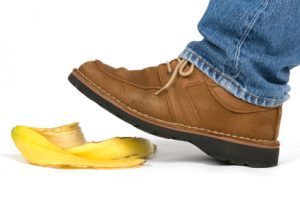
Are you going to participate in the trick-or-treat tradition at your home his year for Halloween? If so, take these tips from a Syracuse New York personal injury lawyer who has handled trick-or-treat injury cases. I’d rather see our children safe than sue on their behalf after they are injured at your home.
Introduction
Halloween is a time for fun, costumes, and candy. Children eagerly roam neighborhoods, knocking on doors for a trick or treat, while homeowners get into the festive spirit by decorating their homes and preparing treats. However, as a homeowner, it’s important to remember that hosting trick-or-treaters comes with certain responsibilities, particularly in terms of safety. Failing to ensure a safe environment could open the door to liability claims if a child or parent gets injured on your property. Then someone like me, a personal injury lawyer, might be having a process server take the same path to your front door as the trick-or-treaters, but rather than seeking candy, he will be serving you with a lawsuit. Here are some steps you can take to minimize the risk and enjoy a worry-free Halloween.
 Central New York Injury Lawyer Blog
Central New York Injury Lawyer Blog



